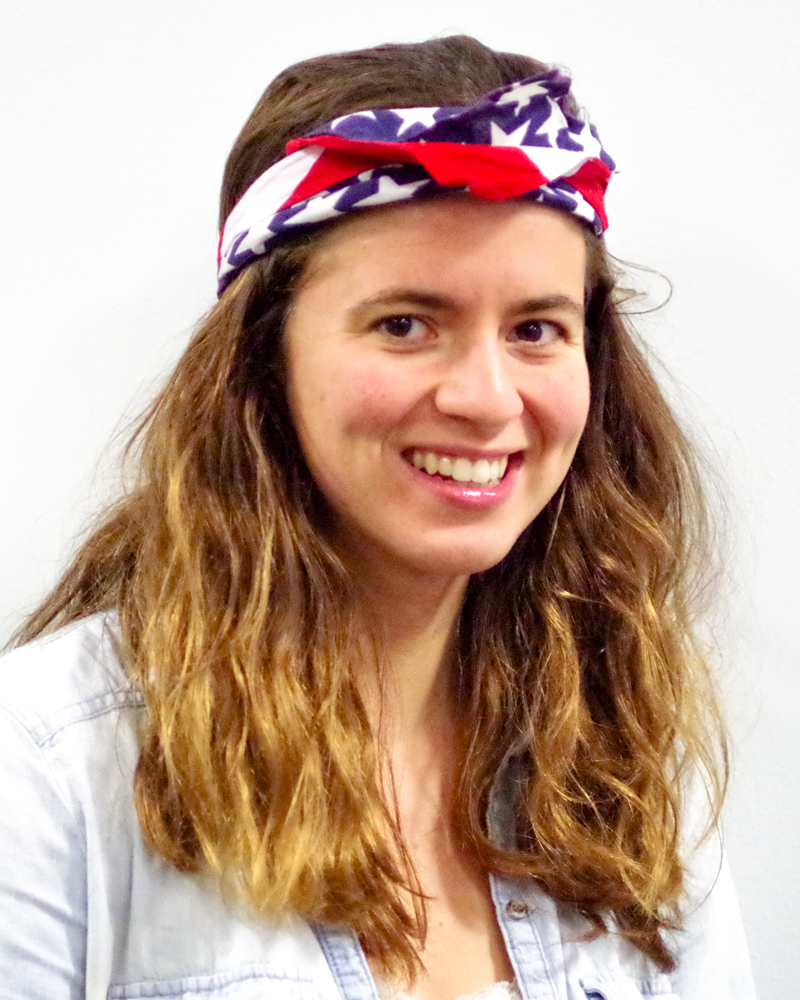In high school, my family went to church every Sunday.
I went to a Christian elementary school, and we had a Bible class with New and Old Testament sing-a-longs. As I got a bit older, my youth group went on church ski trips and fundraised for Heifer Ranch (hunger relief) and Invisible Children (Uganda). We went on mission trips to places that weren’t Nashville, Tenn., and I had my first kiss (on the cheek) with a boy I met at church camp. By high school, I helped teach a Sunday school class, volunteered at Vacation Bible School and played basketball in the church league.
When I moved abroad, I found a bilingual church and befriended the Texan preacher who’d traveled there to convert the locals. To be honest, I don’t think moving to a foreign country where you don’t speak the language is the best way to spread the gospel, but it was nice to meet another American.
In summary: Church was a big part of my pre-collegiate experience, and I was quite involved in my faith community.
Fast forward to Stanford. I thought about going to church, but church sort of fell to the wayside given other weekend revelries. I was invited to a nearby church once in fall quarter, and the new church scared me. My home church has an organ and hymnals, and the average age of parishioners is about fifty-five. Rather than seeing faces I had known since I was born, I was at a contemporary church with a rock band, flat-screen TVs and a light show filled with young people from Palo Alto. I didn’t connect with anyone, and I didn’t go back that year.
During freshman year, I was scared to get deeply involved with campus religious groups because I wanted to experience college. I was unsure if I’d make a truly diverse group of friends if I got really involved in a ministry group with a large social component.
I was also lazy. It takes work to develop a connection to a church in college. I didn’t put that work in. When I got to church, it was uncomfortable to be in a new scene surrounded by people I didn’t know, and I didn’t stick it out. My senior year of high school, I gave the sermon at Youth Sunday. My freshman year, I was intimidated by stepping into a new church.
Falling away from church while starting college is a common story. I’ve met so many Stanford students who used to be Catholic and stopped at some point in their life. As a Methodist, I’ve been guilty too. It’s not even that I don’t want to go to church; it’s just that my Sunday morning starts around when brunch opens. By the time it’s close to 4 P.M. or 10 P.M. for services at MemChu, I’m at the gym or working on an assignment. Commitment is hard, and finding a new faith community is daunting.
At Stanford and in life, I’ve found that if someone says they’re too busy to be doing something, it’s because they aren’t prioritizing it. If I had made a real effort to spend two hours a week going to a church since freshman year, I would have found the time.
Across the United States, the retention rate for young people staying in faith communities as they transition to college is low. According to a LifeWay Research study, two-thirds of young adults who attend a church in high school will stop attending church regularly for at least a year between the age of 18 and 22.
In my home church, the big draw was “fellowship” — a Christian term for socializing, but more importantly, generally caring and staying up to date with those in your community. Fellowship, whether it’s in your dorm or in your faith community, has to be built, and that isn’t going to happen if you don’t put in the time.
There are great faith communities on campus. Hillel hosts 6 p.m. Friday Shabbat services followed by dinners. There are Christian groups such as Intervarsity, Cardinal Life and Chi Alpha. Every Friday at 1:15 p.m., the Islamic Society of Stanford University holds Jummah, or community prayers, on the third floor of Old Union. There are also Sikh, Hindu and Baha’i options. I recently went back to Sanctuary, the contemporary Christian Sunday night service; pick-up at the Escondido turnaround is around 6:50 p.m.
If you’re interested, these communities exist and bring students together. If you want to reconnect with your faith or are interested in exploring it, there are choices on Stanford campus. Though conversations around religion aren’t as prevalent here as they are at BYU or Yeshiva University, Stanford has religious options.
If you’d like to talk to McKenzie about your relationship with God, contact her at [email protected]
